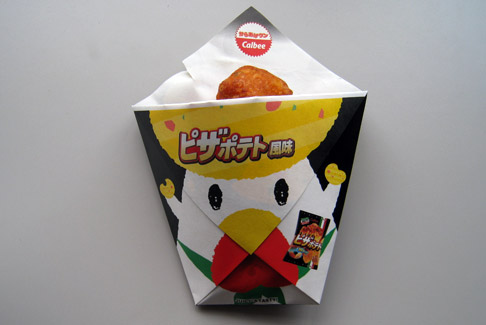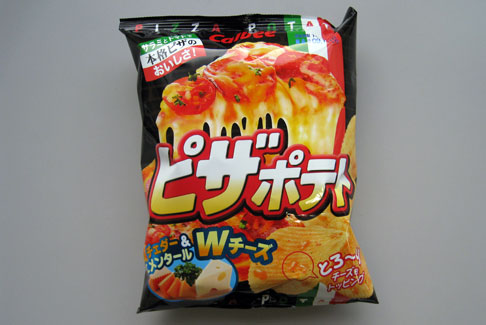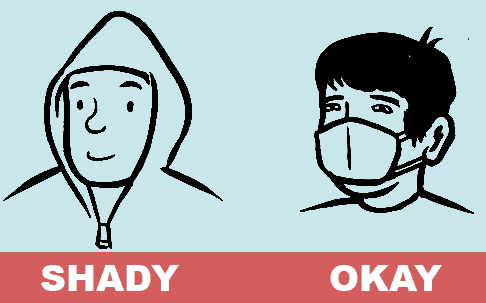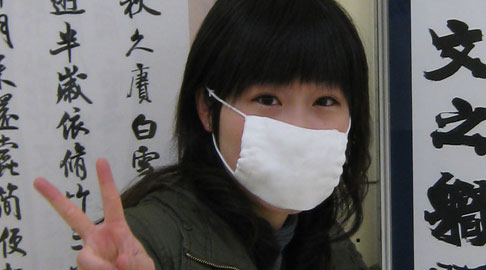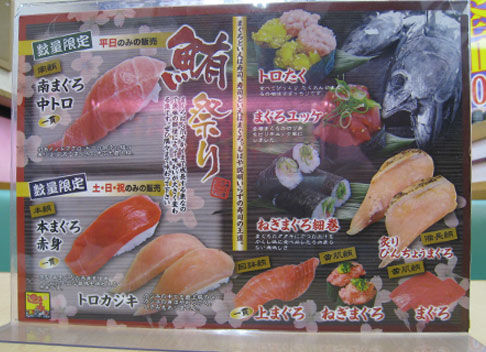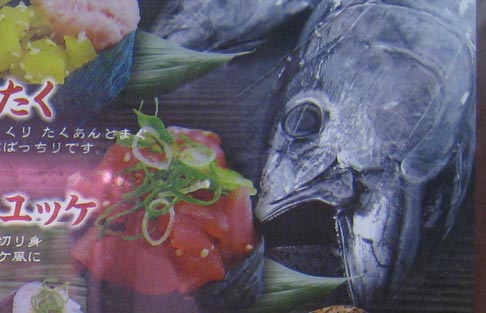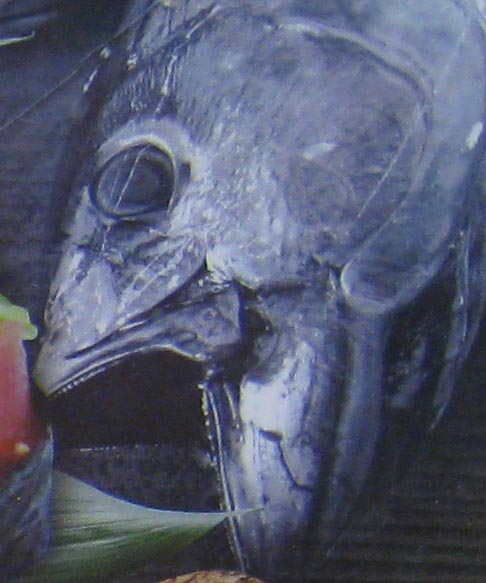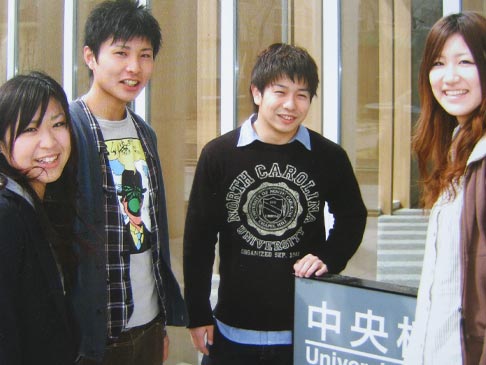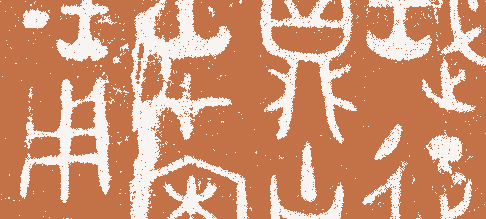
Whenever we meet someone from, say, Thailand, we do our best to simulate the native pronunciation of their name. The Thai way of saying it is considered to be “correct”, and when our English-speaking tongues are unable to faithfully recreate the sounds, we sheepishly apologize for our substandard approximation.
I was surprised to learn recently that this idea, that people’s names have an absolute “correct” pronunciation, isn’t universal. I was talking to a Japanese grad student named Ms. Kawai, who had recently returned from a year abroad in China. During the course of our conversation, she mentioned that her Chinese friends and colleagues called her Chuan-He. When I asked why, she told me that Chuan-He is the way the characters that make up her name are pronounced in Chinese.
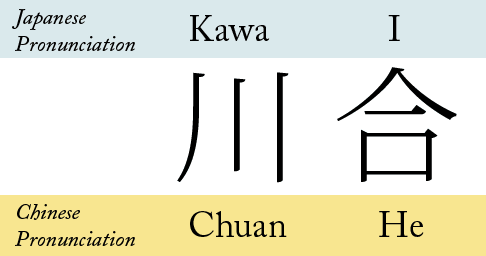
Apparently, “translating” Japanese names into the Chinese pronunciation is not at all uncommon. This speaks to underlying differences between English and Chinese.
The English written language is tied to sounds. The letter “M” doesn’t mean anything, it simply represents an “mmm” sound. Only by stringing letters together do we get words that have meaning.
The Chinese written language, on the other hand, is tied to meaning. Each Chinese character intrinsically represents a concept.
Pronunciation in Chinese can vary wildly depending on what dialect you’re speaking. Someone who grew up speaking Mandarin Chinese wouldn’t understand a word of Cantonese Chinese. In fact Mandarin and Cantonese are different enough that they would probably be called different languages (rather than just dialects of the same language) if it weren’t for the common writing system. Pronunciation isn’t absolute in written Chinese, meaning is. So rather than struggle with the Japanese pronunciation of a Japanese name, they just say it the Chinese way.
Isn’t that interesting?


